
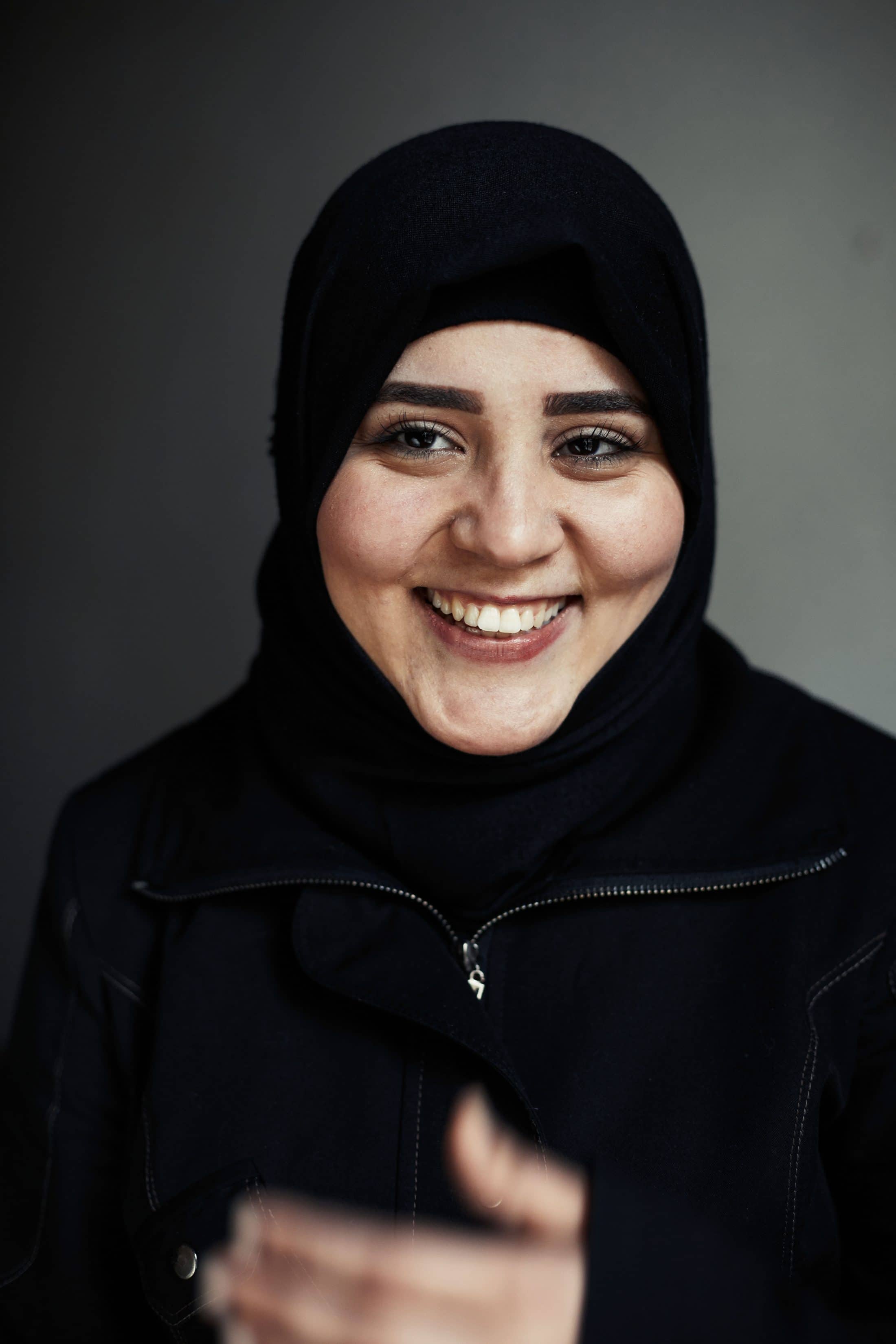
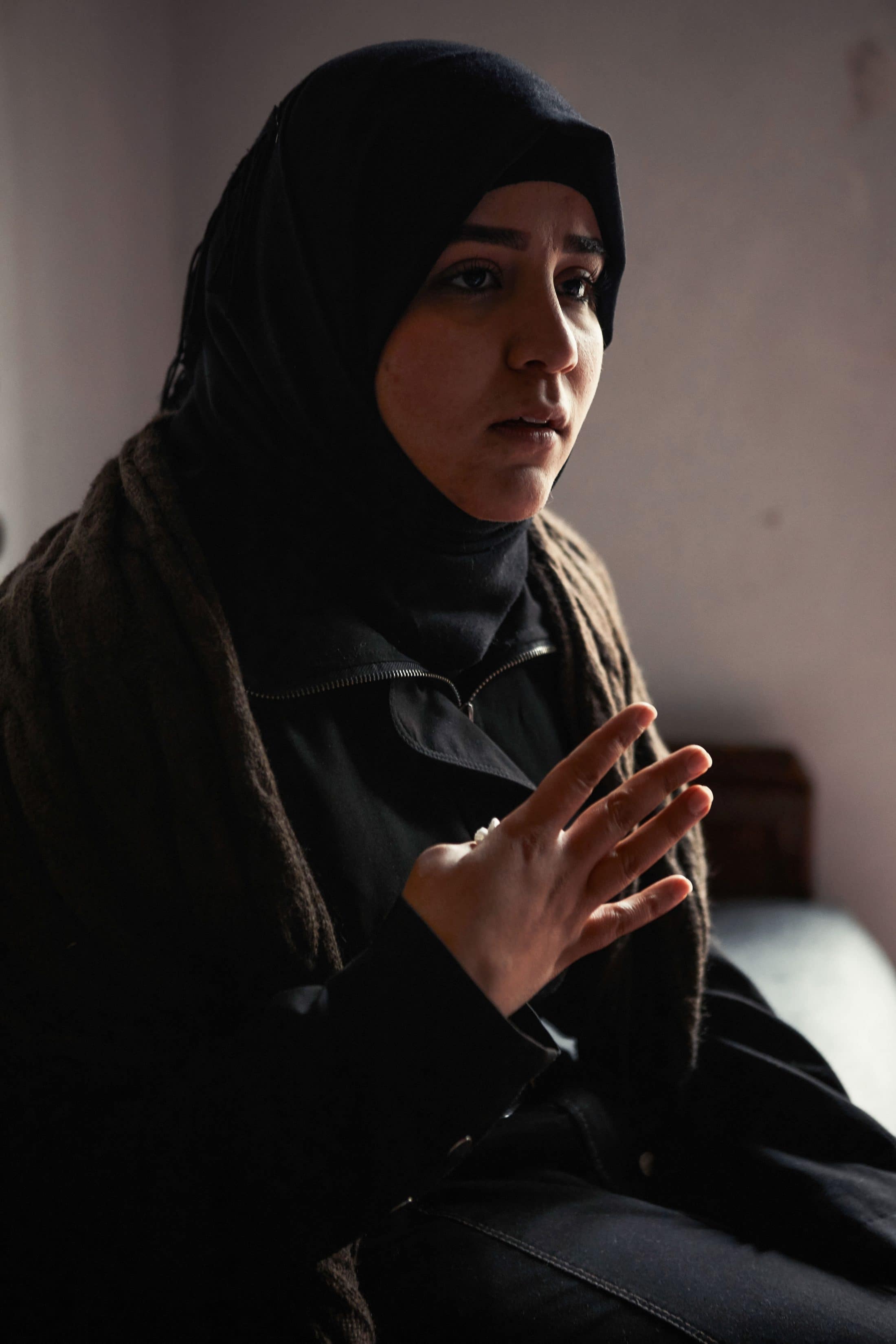
‘The war has been my salvation. If it weren’t for the war, I would have gotten married.
It began when I was twelve years old: the marriage proposals. The parents of boys as well as grown men themselves would ask my parents if I could marry. My parents always said no. They wanted to wait for the war to end – we thought it would take about a year – so they could undertake the search for a good husband carefully. I was doing well in school and was supposed to go to college to train as a psychologist first. I thought it would be nice to really grow in the knowledge of people’s feelings, you see?
When the war broke out, a lot of women and girls were abducted. And because it was so dangerous for women, lots of parents had their daughters get married at an even younger age. Simply to keep them safe. My life changed as well as a result of being a woman. My school closed its doors and I could no longer go out into the street. Always being inside and staying at home may have been the most traumatic experience for me. But while other parents gave away their daughters in marriage to protect them, my mother and father chose a very different approach.
It was my brother’s idea initially. ‘You need to leave the country,’ he told my parents, ‘and take Asmaa along. She’ll be safe that way.’ My parents consented, but my brother decided to stay behind in Syria, and that broke my mother’s heart. Mine too, I cry for him and I can’t describe my feelings for being the reason our family has been torn apart.
The biggest difference – and one that I like – between Syria and Lebanon is that in the tradition I come from, women are not allowed to go out. That was something the boys did. But here in Lebanon it’s fine for women to go out and be a part of life in public. That’s so empowering for women. My faith does not oppress women and girls, but tradition, rumours and all those kinds of things are holding us back!
I’m so glad I didn’t have to marry at a young age! My family have changed their way of thinking about marriage as a result of the war. They’re more on guard when a man proposes to me now. Where is he from? What’s his life like? But actually, someone has scaled their wall of skepticism.’ She laughs when she says this and adds: ‘Which means I’m allowed to meet him and consider a life with him.
My father has been through things as a child which have caused him psychological harm. He worries about everything. Now that I’m older I can see that my mother has to be the strong one as a result. She takes care of everything, is responsible for everything in our family. Although I want to be just as strong as a woman and want to help my husband and share responsibilities, I do hope to find a husband with a stronger disposition than my father’s. Because I can see that it’s not the best thing for my mother to have to be in this position; she’s grown so accustomed to being there for everyone at all times that she can no longer stop helping. I want to be able to say ‘no’ sometimes. So as I’m getting to know this man, I’m thinking: can he shoulder responsibilities? Can he be enough of a provider? Can he sacrifice for his family? If he does, I will give him whatever he needs as well.
If I look at the dream I had as a young girl, I see that dream was much more realistic in Syria. As a refugee it’s difficult even to do the smalles thing. I no longer dream of a future as a psychologist – I’m more concerned with developing a vision for a family. I will teach my own children, if they’re granted to me, the foundations of life. Education is important, but so is discipline. They have to learn about proper morals. And they have to respect others – Lebanese or Syrian, that makes no difference. They have to remain free of racism.’
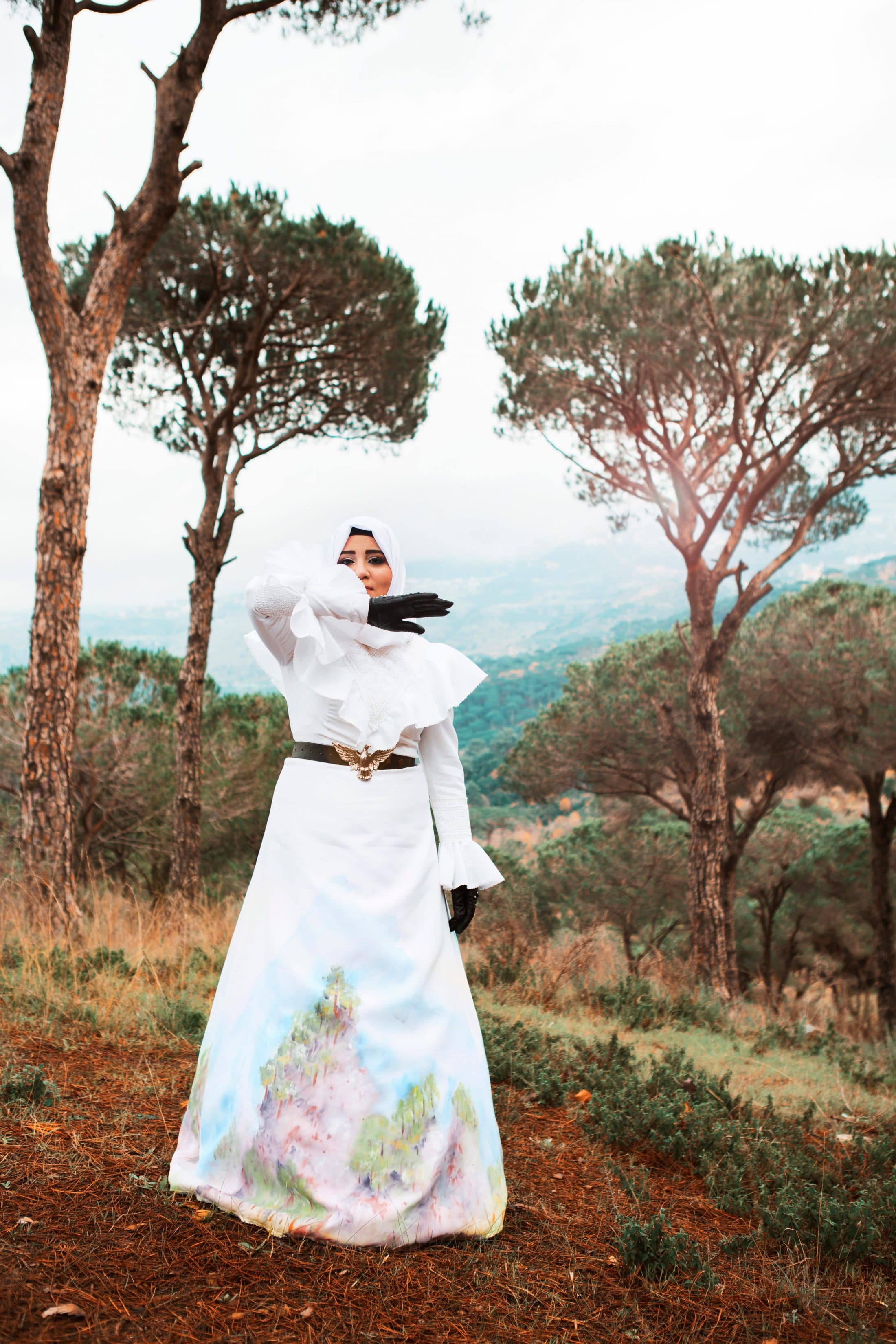
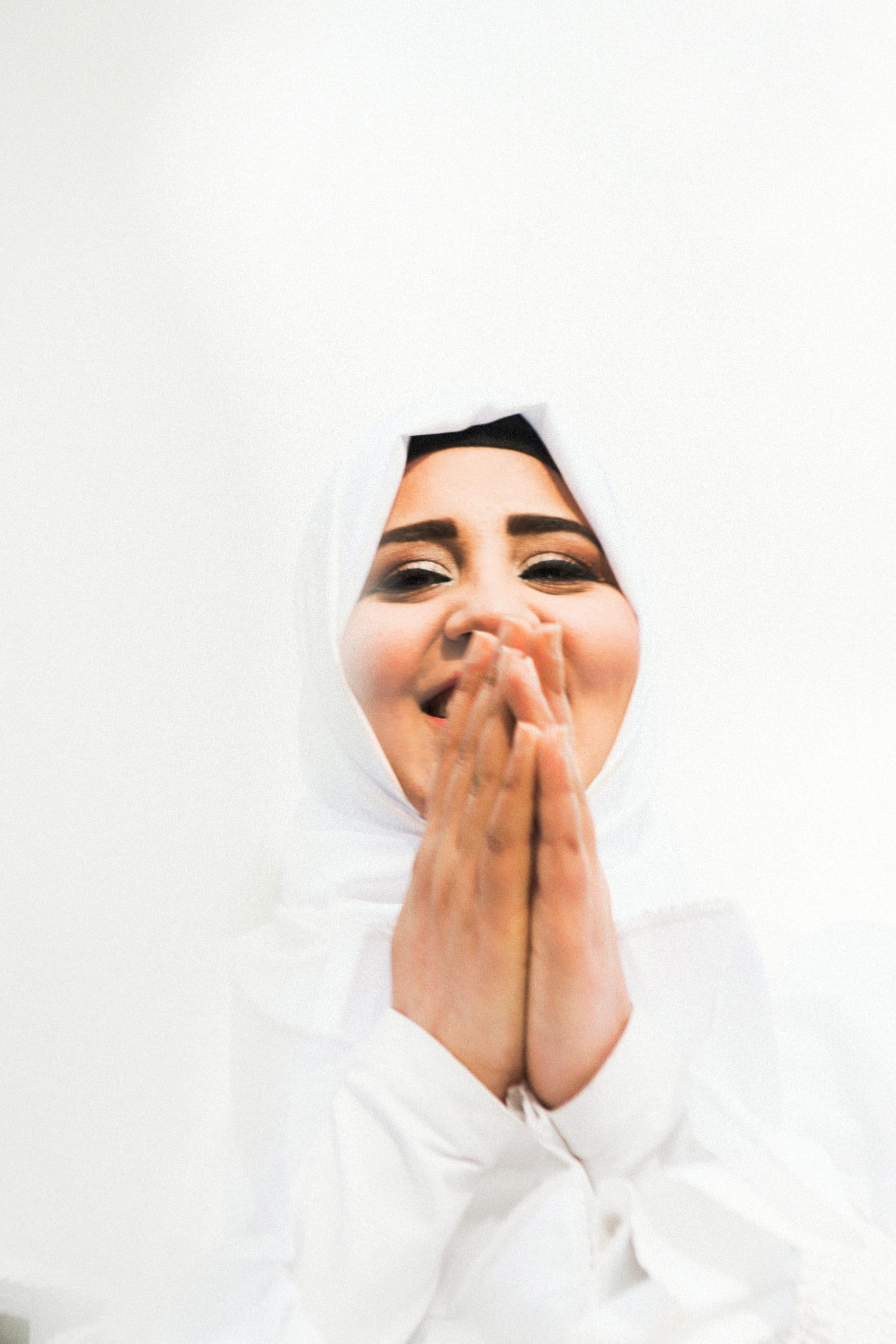
Volg Portraits of Power
Neem een kijkje achter de schermen!
Oops! We could not locate your form.
'Now that I’m older I can see that my mother has to be the strong one as a result. She takes care of everything, is responsible for everything in our family. I want to be just as strong as a woman and want to help my husband and share responsibilities.'
Asmaa (21 years old, fled from Syria) about finding a husband
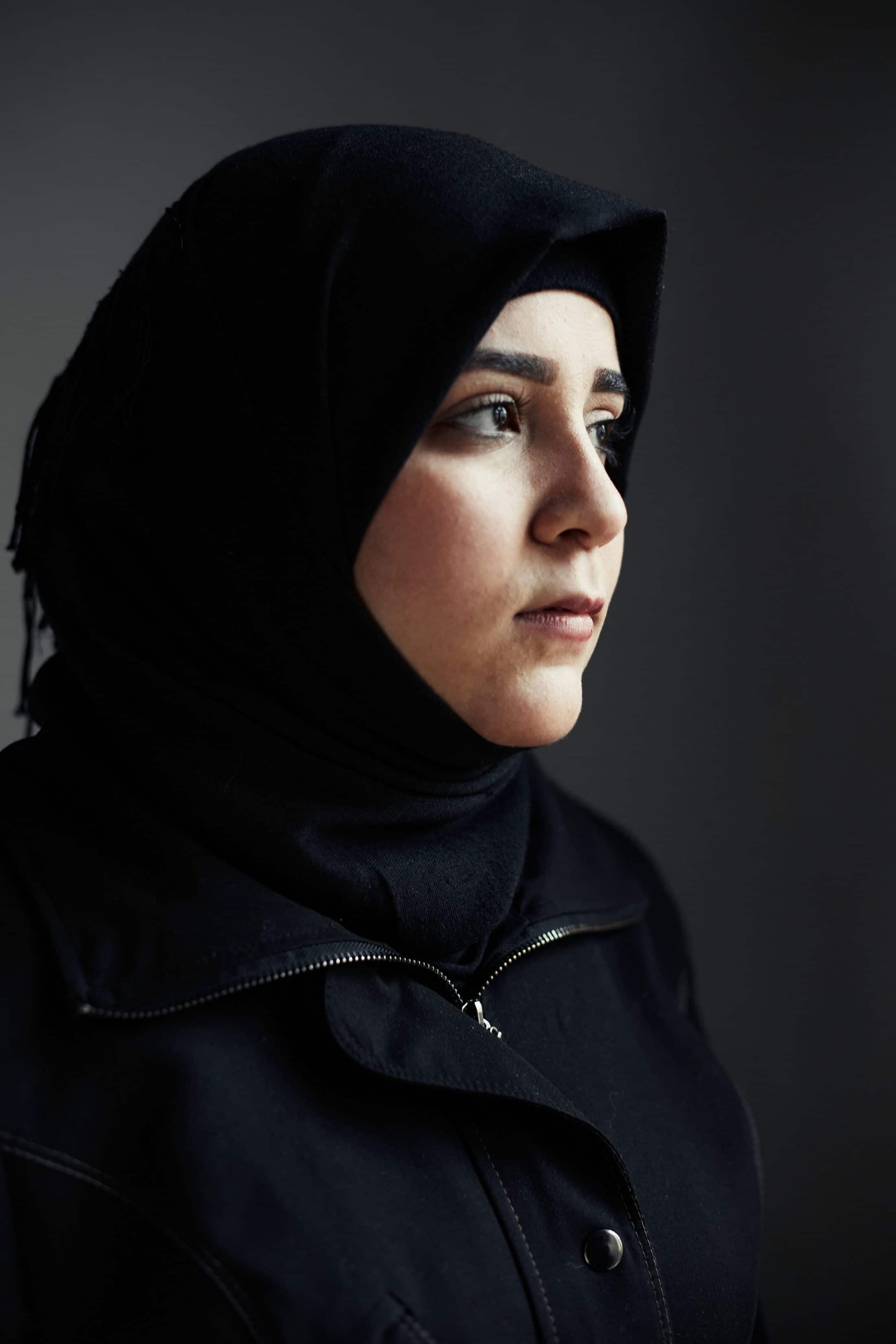
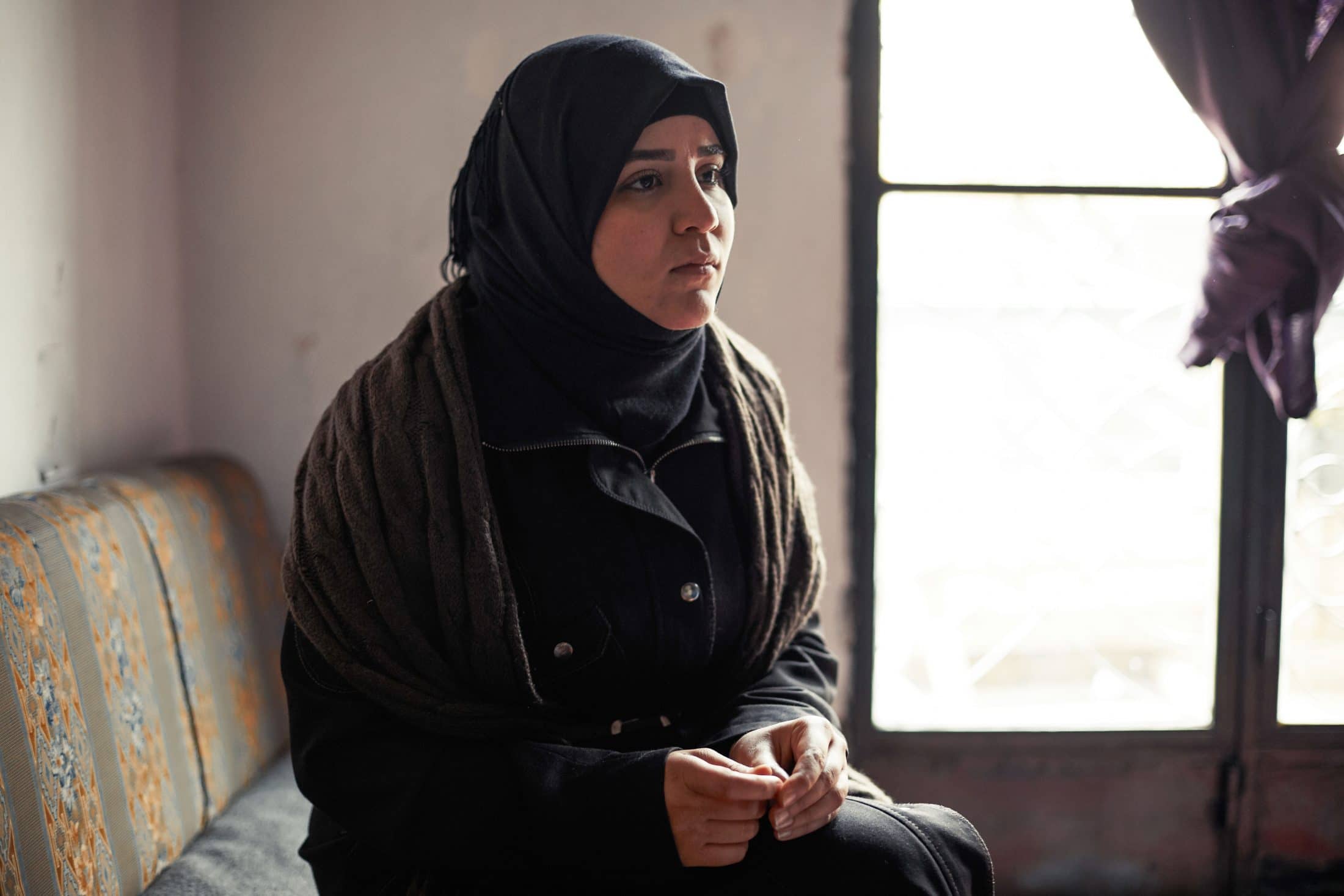
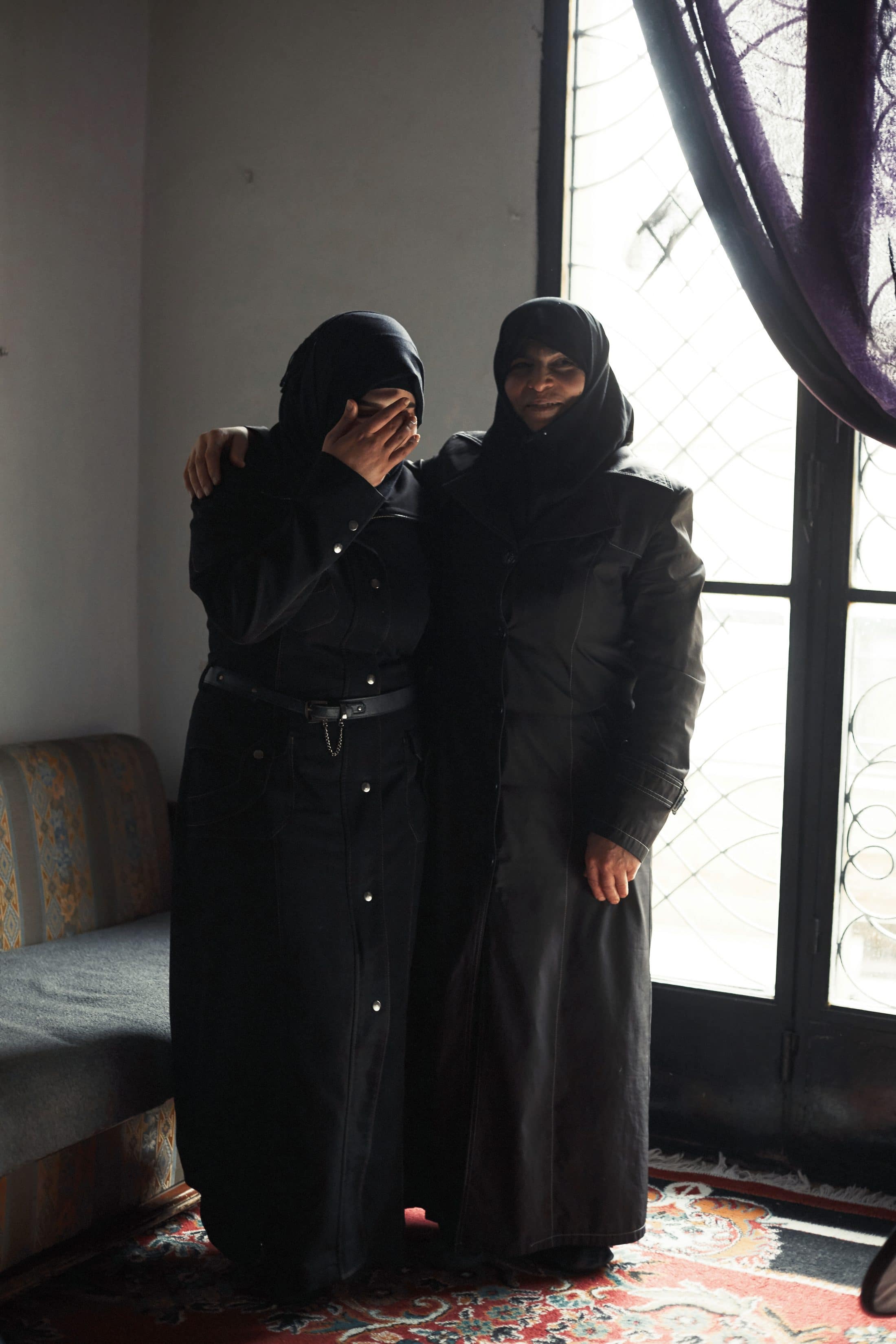
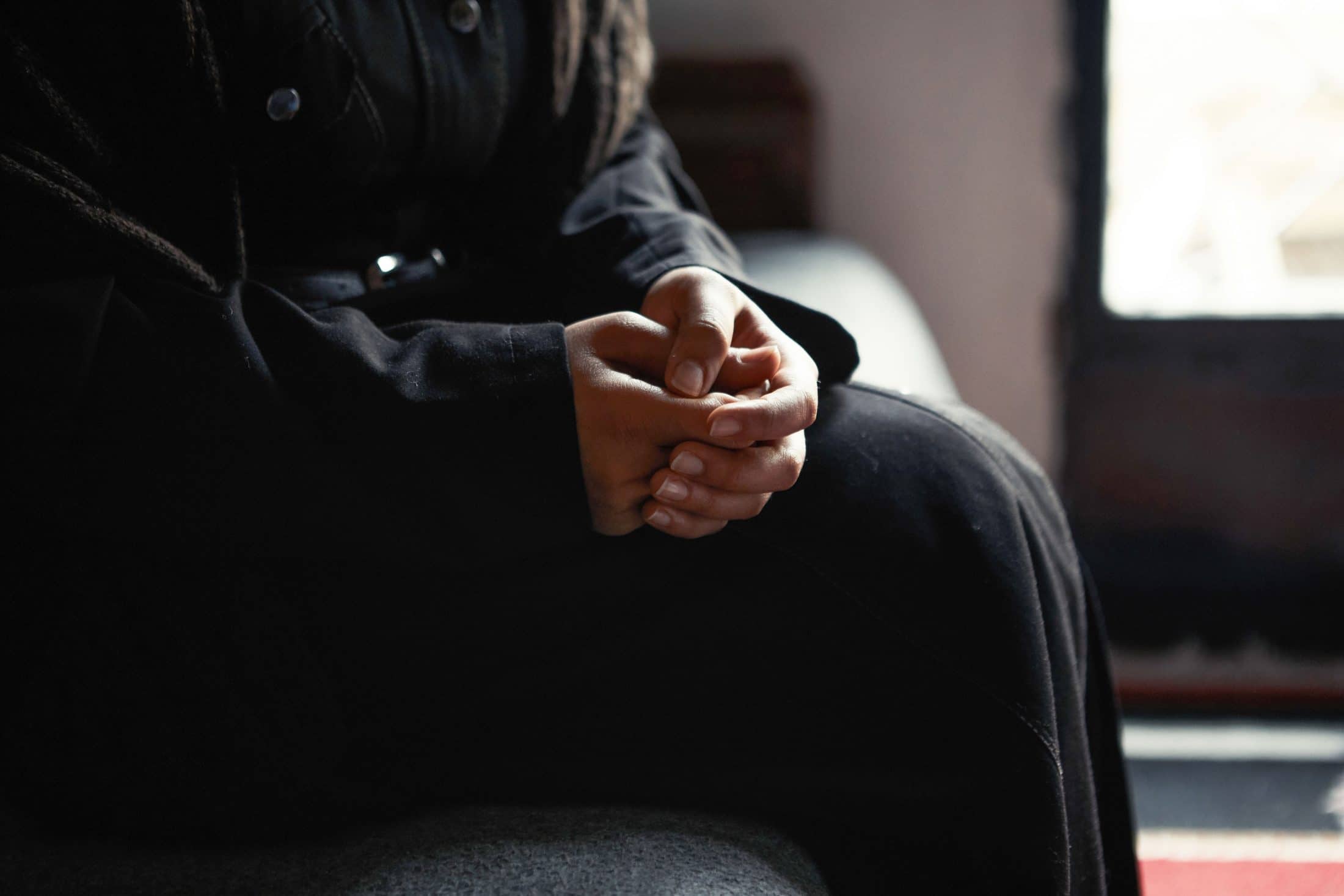
Share this portrait

Portraits of Power - Powered by Dorcas
